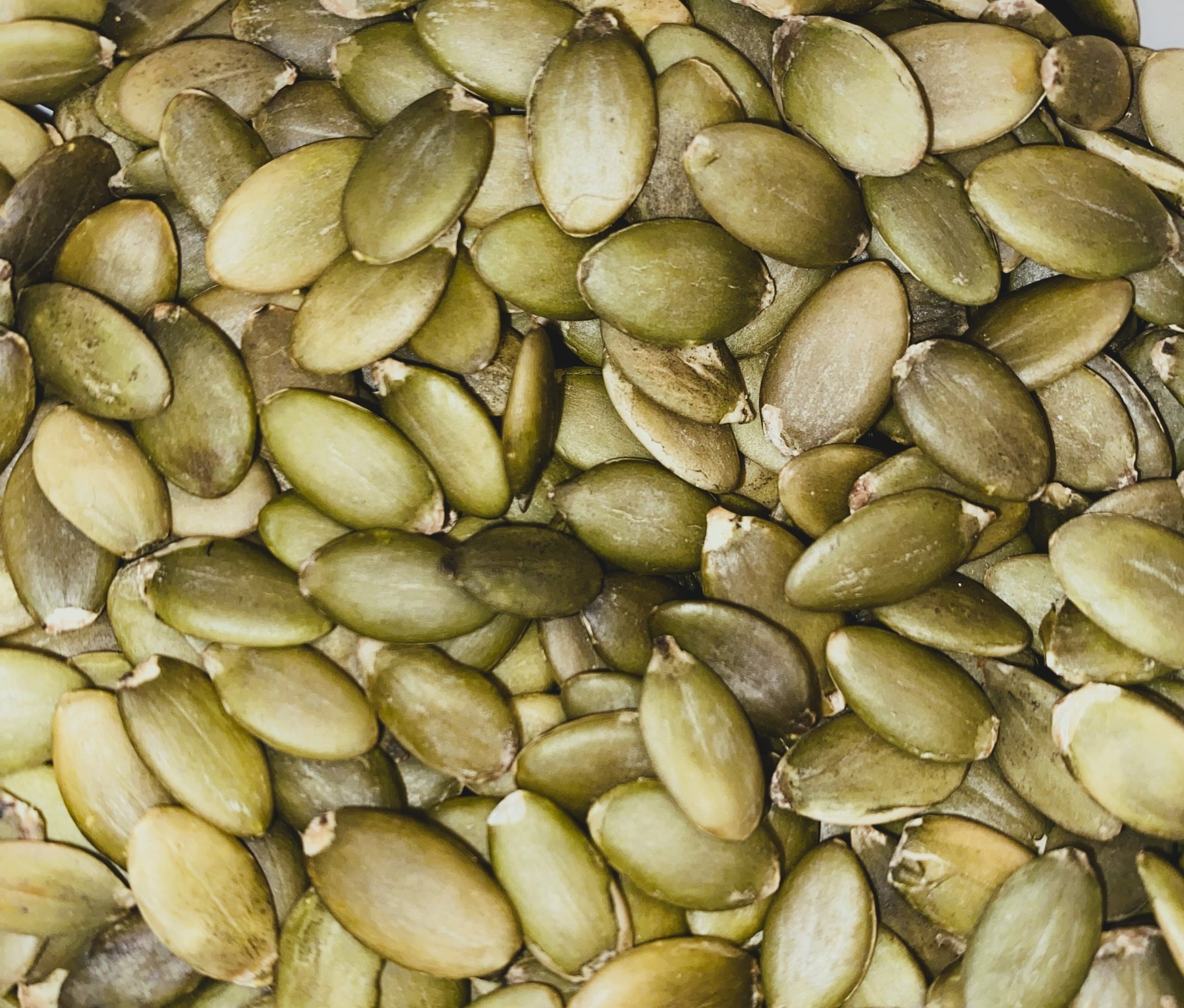
The Vital Role of Testosterone: Embracing Hormonal Harmony
mysvrnce
4/1/20255 min read
Testosterone is often thought of as a male hormone, but it plays a vital role in the health and well-being of women too. While it’s more commonly associated with men, women produce testosterone in smaller amounts, and this hormone is essential for a variety of functions, from maintaining bone density to regulating libido and supporting mood stability. Testosterone is especially important for menstruating, pregnant, and menopausal women, each of whom experiences unique hormonal changes throughout life. In this blog post, we’ll dive into the role of testosterone in women’s bodies, explore the symptoms of imbalance, and discover how herbs, foods, and detox practices can help support healthy testosterone levels.
Testosterone in the Menstruating Woman
In menstruating women, testosterone helps regulate sexual function, mood, and energy levels. It also works closely with estrogen to support bone health and overall vitality. During the menstrual cycle, testosterone levels naturally fluctuate, often peaking just before ovulation.
Top 5 Symptoms of Low Testosterone:
Fatigue: Feeling unusually tired or drained, even after a full night’s rest.
Low libido: A noticeable decrease in sexual desire or arousal.
Muscle weakness: Difficulty maintaining or building muscle mass, even with regular exercise.
Mood swings: Irritability, sadness, or depression, which can feel out of proportion to the circumstances.
Reduced bone density: A lack of testosterone may lead to weakened bones, making you more susceptible to fractures.
Top 5 Symptoms of High Testosterone:
Acne: Breakouts, especially around the chin, jawline, or back.
Excessive body hair: Increased growth of facial hair or hair on the chest, abdomen, or back.
Male-pattern baldness: Thinning or loss of hair in areas typically associated with male hair loss.
Deepened voice: A change in the tone of your voice, making it lower or more husky.
Increased aggression: Feeling unusually irritable or even experiencing heightened anger.
Top 5 Herbs to Support Testosterone Balance:
Maca Root: Known for enhancing energy levels and improving hormonal balance.
Ashwagandha: Helps regulate stress hormones, promoting a calm body and mind, while supporting testosterone levels.
Tribulus Terrestris: This herb has been traditionally used to support libido and testosterone production.
Ginseng: Known for improving energy and reducing fatigue, while also supporting the body’s natural testosterone levels.
Vitex (Chaste Tree Berry): Supports overall hormonal balance and helps to regulate menstrual cycles.
Top 5 Foods to Support Testosterone Balance:
Eggs: Rich in cholesterol, the building block for hormone production, including testosterone.
Oysters: Packed with zinc, which plays a key role in testosterone production.
Avocados: A great source of healthy fats that support hormone production.
Leafy Greens: Spinach and kale are rich in magnesium, which can help regulate testosterone levels.
Pumpkin Seeds: High in zinc, they help keep testosterone production in balance.
Testosterone in the Pregnant Woman
During pregnancy, a woman’s hormone levels undergo dramatic shifts, and testosterone is no exception. While testosterone levels increase during pregnancy, they are closely regulated to support the healthy growth of the fetus and the body’s physical changes. Testosterone helps in tissue growth and repair, as well as promoting the development of the baby’s organs and muscles.
Top 5 Symptoms of Low Testosterone During Pregnancy:
Decreased libido: A natural dip in sexual desire due to hormonal changes.
Fatigue: Feeling tired or sluggish, especially in the first and third trimesters.
Muscle loss: Difficulty maintaining or building muscle mass, which may be compounded by other pregnancy-related changes.
Mood swings: Emotional fluctuations due to hormonal shifts.
Difficulty with fetal development: Low testosterone might lead to developmental delays or difficulties, though this is rare.
Top 5 Symptoms of High Testosterone During Pregnancy:
Excessive hair growth: Especially on the face or abdomen.
Acne breakouts: Hormonal changes leading to clogged pores and breakouts.
Increased aggression: Feeling unusually irritable or emotionally intense.
Voice changes: A deepening of the voice, similar to symptoms seen with elevated testosterone in non-pregnant women.
High blood pressure: In some cases, too much testosterone can elevate blood pressure, posing risks during pregnancy.
Herbs to Support Testosterone Balance During Pregnancy:
Red Clover: Contains plant-based compounds that can help balance hormones.
Raspberry Leaf: A mild, supportive herb often used to tone the uterus and support overall pregnancy health.
Nettle Leaf: Rich in nutrients, this herb helps support hormonal balance and pregnancy wellness.
Dandelion Root: Promotes liver health, which helps detoxify excess hormones from the body.
Lemon Balm: Calms the nervous system and supports hormonal balance.
Foods to Support Testosterone Balance During Pregnancy:
Salmon: Rich in omega-3 fatty acids, essential for hormone production and fetal development.
Sweet Potatoes: High in beta-carotene and fiber, supporting overall hormone regulation.
Yogurt: Packed with probiotics, which help support digestion and hormone balance.
Berries: Full of antioxidants that help reduce inflammation and support overall health during pregnancy.
Chia Seeds: Rich in omega-3s and fiber, these seeds help regulate blood sugar and support hormone production.
Testosterone in the Menopausal Woman
As women transition into menopause, testosterone levels naturally decline, leading to various symptoms. However, testosterone can still play an important role in maintaining energy, mood stability, and sexual health during this stage of life.
Top 5 Symptoms of Low Testosterone During Menopause:
Low libido: A significant decrease in sexual desire or arousal.
Fatigue: Persistent tiredness, especially in the absence of other contributing factors.
Depression or mood swings: A loss of emotional stability, feeling down or overwhelmed.
Loss of muscle mass: Difficulty maintaining muscle strength, which can lead to weight gain and reduced physical fitness.
Vaginal dryness: Decreased lubrication, which can contribute to discomfort during intercourse.
Top 5 Symptoms of High Testosterone During Menopause:
Excessive facial hair: New or increased hair growth on the chin, upper lip, or other areas.
Acne: Breakouts, especially in the lower face or chest area.
Voice deepening: A noticeable change in the tone of the voice.
Increased aggression: A sudden surge in irritability or anger.
Male-pattern hair thinning: Thinning of hair on the scalp, similar to the type of hair loss seen in men.
Herbs to Support Testosterone Balance in Menopause:
Black Cohosh: Known for helping with menopausal symptoms, including mood swings and hot flashes.
Dong Quai: Supports hormonal balance and is often used to treat symptoms of menopause.
Shatavari: Known for balancing hormones and supporting sexual health during menopause.
Wild Yam: Contains diosgenin, which is believed to mimic estrogen, helping balance hormones.
Evening Primrose Oil: A source of gamma-linolenic acid, which helps alleviate hormonal imbalances.
Foods to Support Testosterone Balance in Menopause:
Flaxseeds: Rich in omega-3 fatty acids and lignans, which help support hormone balance.
Olive oil: Contains healthy fats that are key for maintaining hormonal health.
Bone broth: Supports collagen production and can help counteract muscle loss.
Turmeric: Known for its anti-inflammatory properties, it helps balance hormones during menopause.
Almonds: Rich in magnesium and healthy fats, almonds support overall hormone production.
Why Detoxification Practices Are Essential for Hormonal Balance
Detoxifying the body is an essential practice for balancing testosterone. The liver plays a crucial role in processing and eliminating excess hormones, including testosterone. Environmental toxins, poor diet, and stress can all put additional strain on the liver, making detoxification practices like drinking plenty of water, eating a nutrient-rich diet, and engaging in regular physical activity vital. Detoxifying herbs like dandelion root and milk thistle, alongside practices such as yoga or deep breathing, help the body manage excess hormones, support the liver, and maintain healthy testosterone levels.
Testosterone is an important hormone for women, regardless of age or life stage. From supporting energy levels during menstruation to maintaining libido and bone health in menopause, it plays a pivotal role in our overall well-being. If you’re feeling off-balance, you might want to consider how your testosterone levels are affecting your health. With the right herbs, foods, and detoxification practices, you can nurture and support your hormone health, helping you thrive through every stage of life. Always remember to consult with your healthcare provider before starting any new supplements or lifestyle changes to ensure they’re right for you.
